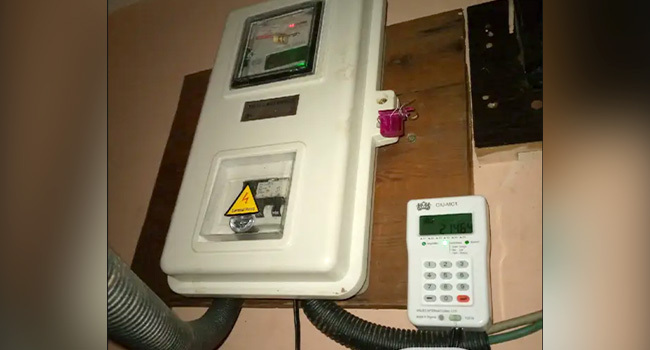Despite a recent 8% reduction in electricity tariffs for Band A customers announced by the Nigerian Electricity Regulatory Commission (NERC), numerous groups across Nigeria including labor unions, trade associations, and consumer protection bodies are calling for a complete reversal to previous rates. The minor reduction adjusted the tariff from NGN 225/kWh to NGN 206.8/kWh but has not appeased widespread discontent among consumers.
The modification followed a significant 240% tariff increase imposed just over a month ago, which saw Band A rates soar from NGN 68/kWh to NGN 225/kWh. This hike coincided with the removal of a longstanding electricity subsidy, impacting approximately 15% of Nigeria's 12.82 million power consumers. The government defended this drastic increase as a necessary measure to save NGN 1.5 trillion.
Opposition has been vocal and widespread, with the House of Representatives urging an immediate suspension of the new tariffs and organized labor groups giving a two-week ultimatum for the reversal of these changes. Despite this, government officials, including the Minister of Power Adebayo Adelabu, have stood firm on the necessity of the tariff hike to prevent a potential nationwide blackout.
However, the recent tariff reduction, attributed to improvements in macroeconomic indicators such as the appreciation of the naira against the dollar, has done little to quell the dissatisfaction. Electricity distribution companies (DisCos) across regions like Abuja, Ikeja, and Ibadan have announced the implementation of the new rates, effective from early May 2024.
The reduction is a response to several factors, including changes in the exchange rate. Nonetheless, leaders from the Nigerian Labour Congress (NLC), the Trade Union Congress (TUC), and the Nigerian Association of Chambers of Commerce, Industry, Mines and Agriculture (NACCIMA) have stated that the reduction is insufficient. They argue that without significant improvements in power supply and a more comprehensive engagement with stakeholders, the recent pricing adjustments cannot be justified.
Consumer advocacy groups have echoed these sentiments, calling for a total rollback rather than a nominal reduction. They highlight ongoing issues such as the domestic pricing of gas in dollars and the need for comprehensive reform within the power sector to address systemic inefficiencies and ensure fair pricing.
The situation remains tense as various stakeholders continue to push for a full reversal of the tariff increase, suggesting that the minor reduction has not addressed the underlying issues affecting Nigeria's power sector and its consumers.



0 Comments